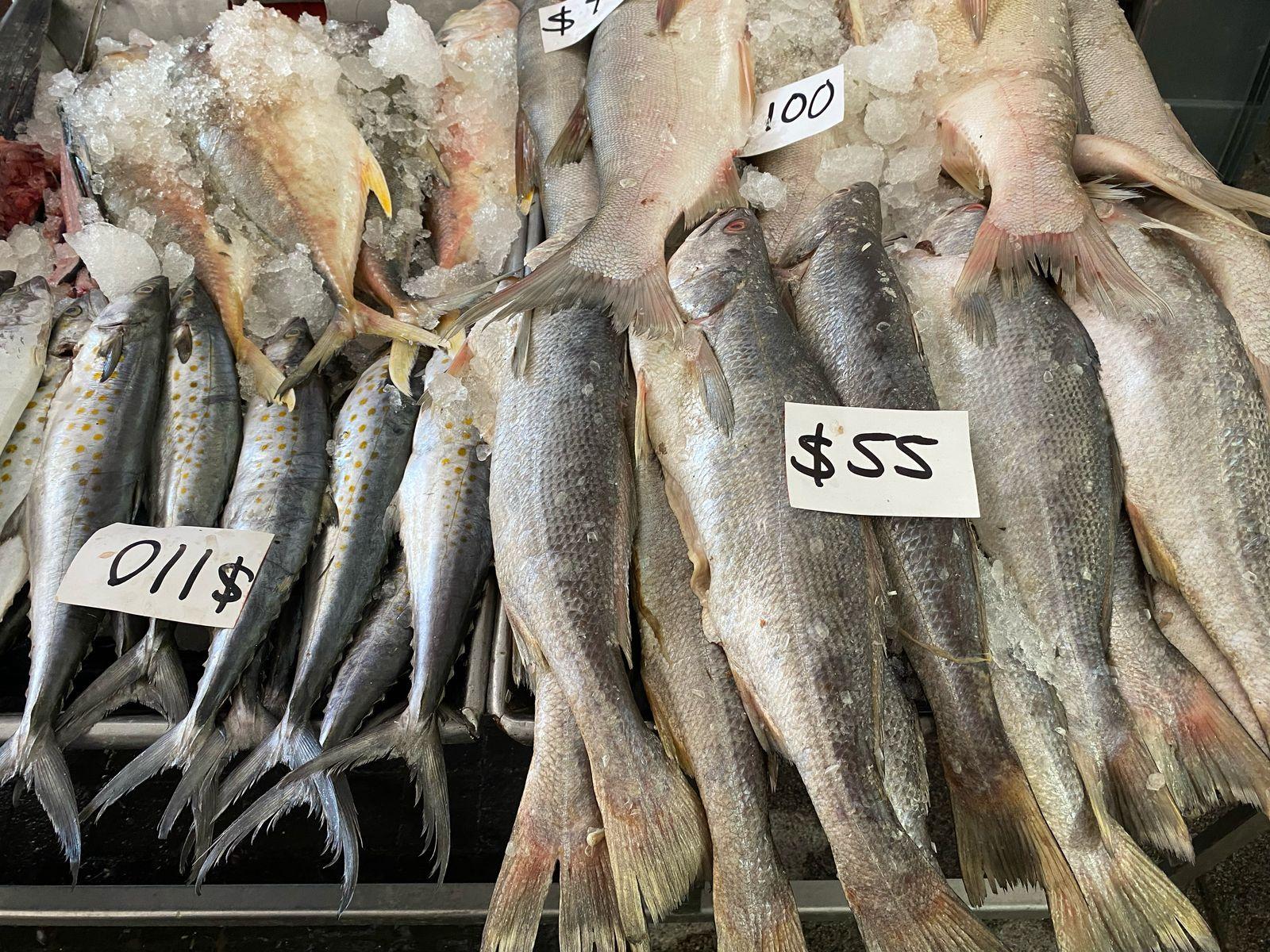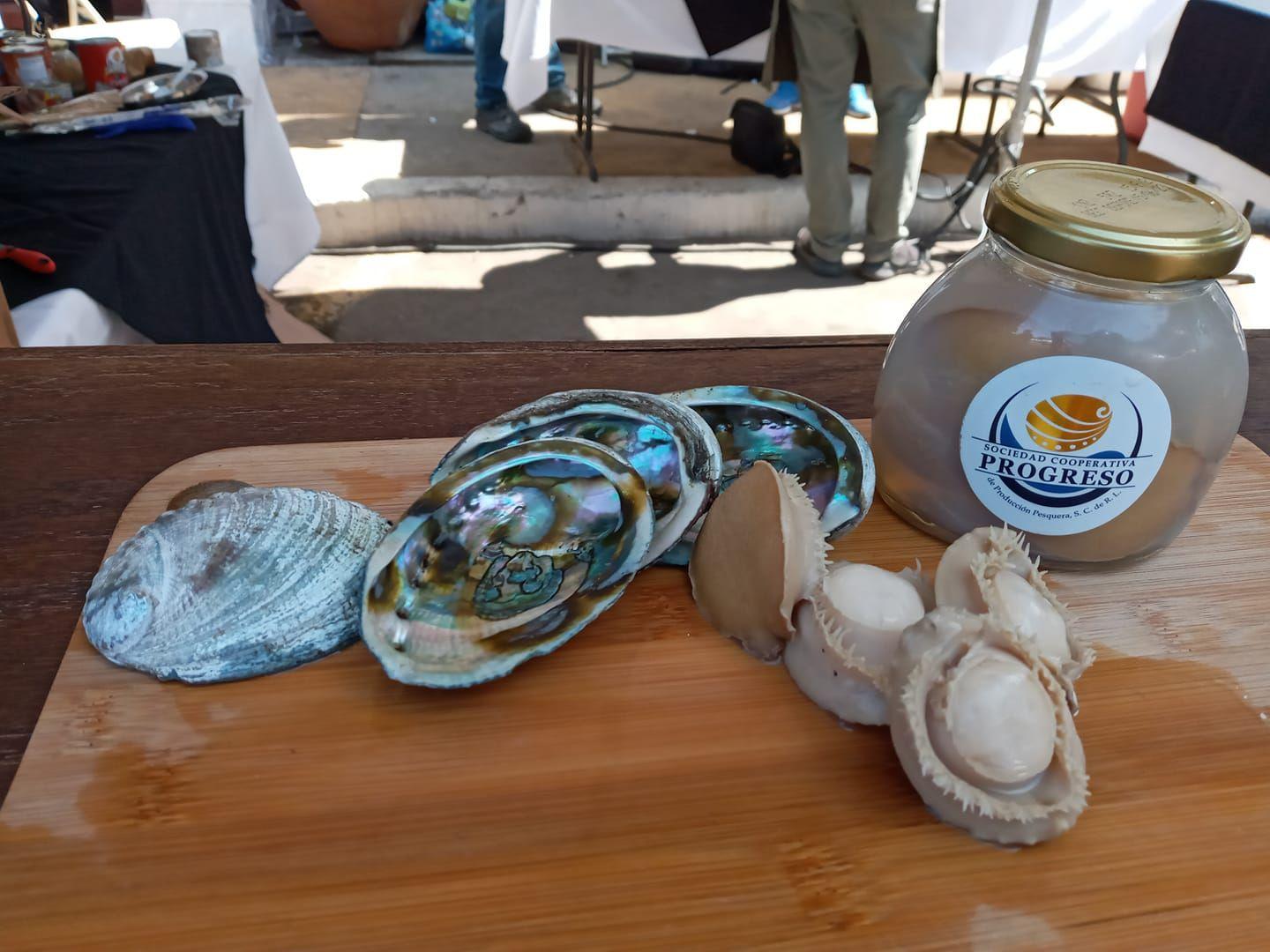For Rogelio Hernández Villegas, chef and former member of the board of directors of the Nueva Viga market, the problem of substitution in the consumption of fish and seafood affecting fishermen, merchants and consumers would decrease with greater education about the species that reach the plate.
“If we want to conserve species, we have to teach people to eat fish... What we want is for people to have all that knowledge so that they stop consuming nothing more seabass, huachinango or tuna,” said Hernández Villegas, from the 2025 Sea Fair in Mexico City.
The replacement refers to all the occasions in which the consumer purchased a species that turned out not to be the one indicated on the signs or labels.
Although Mexico is not one of the main consumers of fish and seafood, with a consumption of 13 kilos per capita, it is a country that follows the Catholic tradition of not consuming meat during Lent. This increases the demand for species such as salmon, tuna and huachinango, which are not exempt from the problem.
The replacement of fish and seafood for consumption occurs one in three times, according to the study “Cat X Hare: Fraud Detectives”, published in 2022 by the organization Oceana in Mexico. The figure is between 31% and 38% depending on the city and the point of sale.
The study, based on evidence taken in Mexico City and Mérida, Yucatán, exemplifies substitution modalities such as the sale of an imported or aquaculture species for a species caught in Mexican seas; the sale of a lower value species under the name of a more expensive one; and the sale of an endangered or illegally captured species.
Among the documented cases are the sale of the graceful and blue blacktip shark as a dog or cod; the replacement of huachinango with catfish, a lower-valued species; and the sale of basha, imported from Vietnam and China, under the name of croaker or sole, which are wild and national fish species.
However, the study specifies that this problem does not occur in the same way in fishmongers as in supermarkets or restaurants. According to the results, the replacement percentage is lower in supermarkets with an average of 11%, while in fishmongers, supply centers and markets it increases to 54%, and in restaurants to 40%.

Despite the high replacement rates in fishmongers documented by Oceana, Hernández Villegas insists that it is better for the population of Mexico City, who are not in direct contact with the coast, to buy fresh fish at the Nueva Viga market, the second largest in the world. Unlike supermarkets and retail stores, where they freeze products for long periods.
“They (the retailers) buy, freeze and take out. This is why many times the fish product from the self-service store no longer has meat quality. Having the product fresh is not the same as taking it out of the freezer, the meat is left flabby. In La Nueva Viga, you have to be in bed of ice,” explains the chef.
To contribute to fishing knowledge, Hernández has worked together with the mayors of Mexico City to hold the Sea Fair, a gastronomic event with the consumption of fish and seafood, presentations, handicrafts and cultural presentations. The last one was held at the Gustavo A. Madero mayor's office from April 9 to 11.
“Unfortunately, there is no culture for eating fish. We were taught to consume more chicken and meat because there is no knowledge of everything in fish and seafood. If we were able to provide that knowledge, I bet the per capita consumption of fish and seafood would rise,” Hernández concludes.







Comentarios (0)